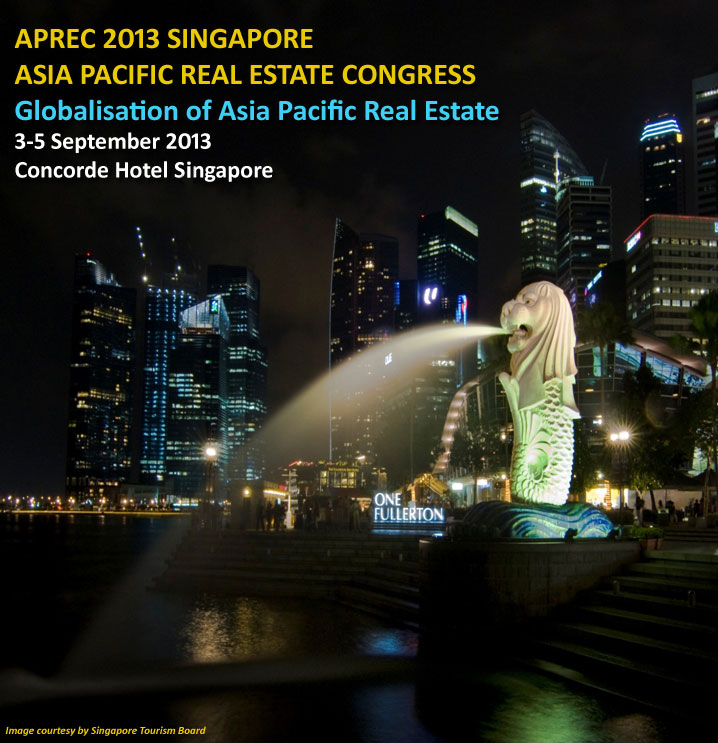Quick Link
Congress Theme
 international property consultancy firms.
international property consultancy firms.In the past two decades, however, globalization has increasingly involved the internationalization of services sectors and the various sub-sectors of the real estate industry have been enthusiastic participants in this global surge. Builders, real estate consulting and services firms, and investors have extended their area of operations beyond local markets to a worldwide base.
Several factors have led to this transformation of the industry.
Technological changes have extended the geographic reach and weakened
the nexus between “local” and “location”.
The increasing opening up of formerly closed economies in the developing
world has thrown open significant opportunities for real estate
firms across the globe. Liberalization of business licensing, taxation
and property ownership regulations in some of the largest emerging
real estate markets further facilitates the participation by local
real estate firms in global opportunities. There is also compelling
evidence of wealth flowing into real estate investments in Asia
Pacific both from outside and within the region.
The theme, Globalization of Asia Pacific
Real Estate - Challenges and Opportunities, directs the Conference to examine the impact,
challenges and opportunities presented by the globalization of real
estate, particularly in the Asia Pacific region. Beginning with
the legislative frameworks governing the real estate industry in
key global cities like Hong Kong and Singapore, the tax structures
in cross-border investments in real estate, emerging real estate
markets within Asia Pacific, issues relating to data protection
among others including future global opportunities for the real
estate industry in the context of comparative international statistics
and global demographic changes.




